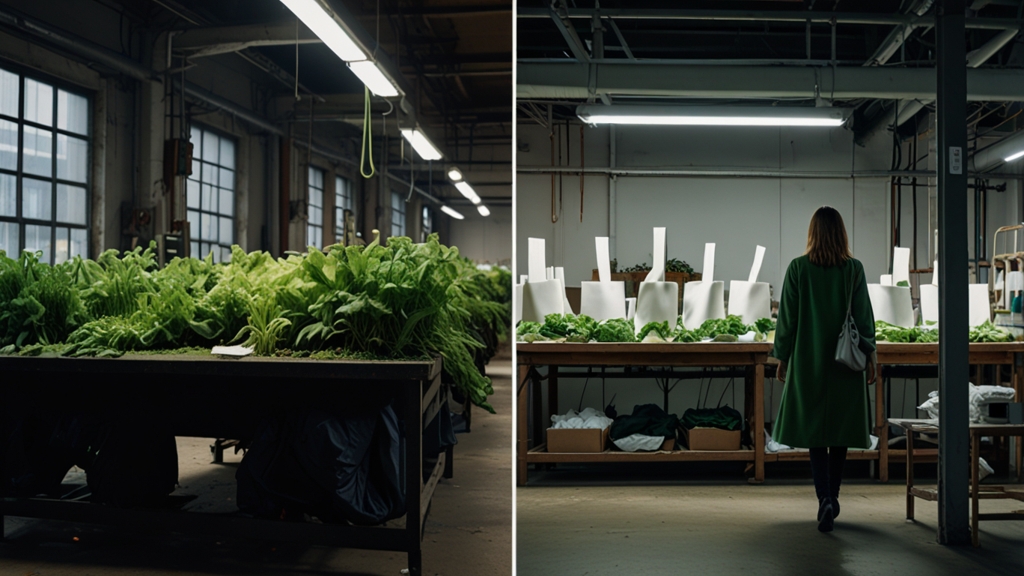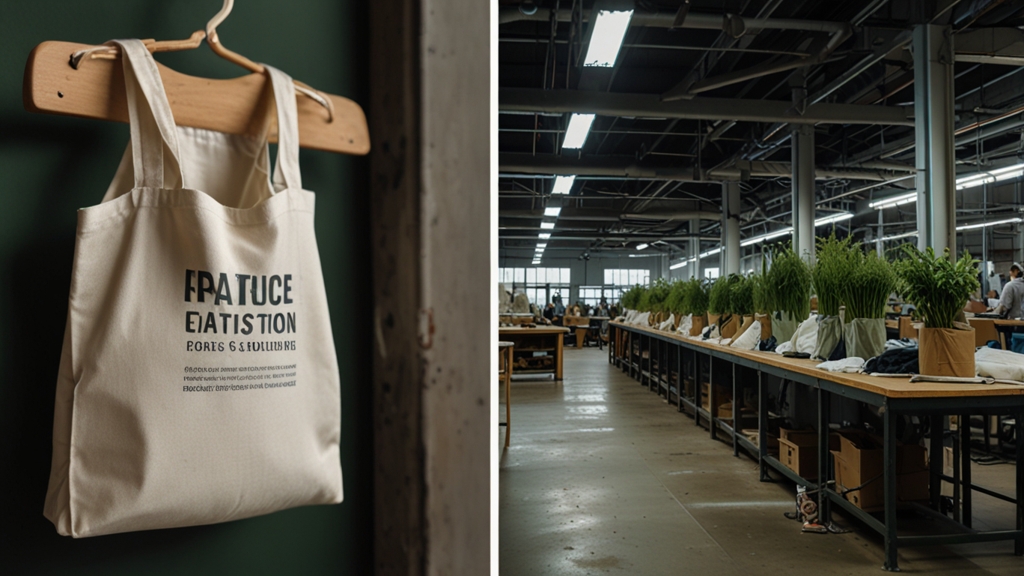Uncategorized
Why Sustainable Fashion Matters: A Beginner’s Guide
Why Sustainable Fashion Matters: A Beginner’s Guide
Sustainable fashion is more than just a trend—it’s a movement towards ethical and eco-friendly clothing production that benefits both people and the planet. Understanding the impact of fashion choices can help us make informed decisions that promote sustainability. Here’s a beginner’s guide to why sustainable fashion matters.
1. Environmental Impact of Fast Fashion
- The fashion industry is one of the largest polluters, contributing to water pollution, excessive waste, and carbon emissions.
- Fast fashion promotes overconsumption, leading to discarded clothing piling up in landfills.
- Synthetic fabrics like polyester shed microplastics, polluting oceans and harming marine life.
2. Ethical Concerns in the Fashion Industry
- Many clothing brands rely on sweatshops where workers are underpaid and work in unsafe conditions.
- Child labor and exploitation are common issues in the fast fashion industry.
- Sustainable fashion supports fair wages, safe working conditions, and ethical sourcing of materials.
3. Benefits of Choosing Sustainable Fashion
- Eco-friendly materials: Sustainable brands use organic cotton, bamboo, hemp, and recycled fabrics.
- Longevity: Quality over quantity—investing in durable pieces reduces waste.
- Reduced carbon footprint: Ethical production methods lower environmental damage.
- Circular economy: Thrift shopping, clothing swaps, and upcycling promote reuse and reduce demand for new production.

4. How to Embrace Sustainable Fashion
- Buy less, choose wisely: Opt for timeless, high-quality pieces instead of trendy, disposable fashion.
- Support ethical brands: Look for certifications like Fair Trade, GOTS (Global Organic Textile Standard), and B Corp.
- Shop secondhand: Thrifting, vintage shopping, and clothing swaps reduce waste and extend the lifespan of garments.
- Repair and repurpose: Learn basic sewing skills to fix or upcycle old clothing.
5. The Future of Sustainable Fashion
- Advances in textile technology are creating biodegradable and eco-friendly alternatives.
- More brands are adopting transparent supply chains and responsible sourcing.
- Consumer demand is pushing the industry towards greater sustainability and ethical practices.
By making mindful choices, we can all contribute to a more sustainable and ethical fashion industry. Every small step, from choosing better materials to supporting ethical brands, makes a difference in creating a better future for fashion and the planet.


